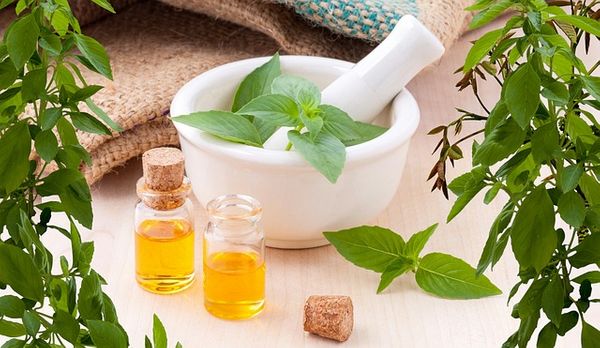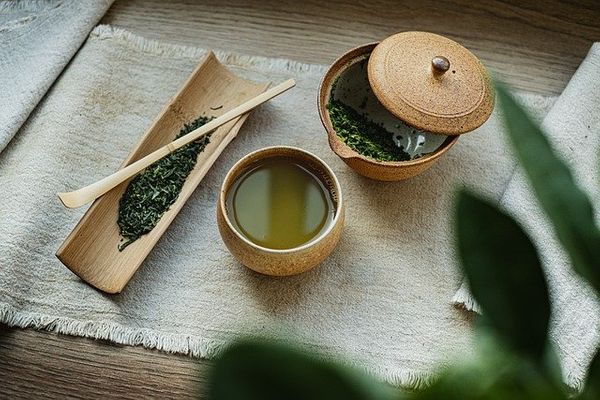Oftentimes we equate Ayurvedic products as organic, 100% Natural and Safe. However, not every time your Ayurvedic medicines or products available in the market will be organic. The reason is, to be labelled and classified as ‘Organic’ you need to follow certain norms, criteria and organic standards, without which even natural and safe products cannot be Organic. This is the reason when you step out to buy healthy and chemical-free products, you might come across various kinds of labels – 100% Natural, Organic, Ayurvedic etc.
There is a common misconception amongst people that all ayurvedic products available in the market by default are organic and vice versa. So, we share the major difference between Ayurvedic and Organic Products –
What are Ayurvedic Products?
Ayurveda is an ancient science of healing our bodies with naturally growing plants and herbs without any side effects. It is popularly known for its natural way to treat conditions. After all, the indigenous herbs that are used work like magic when it comes to healing. We all have used home-grown Giloy or Basil (tulsi) to our rescue several times, and we have seen the tremendous relief they have given almost every time.

Now, although treating our condition with Tulsi or Giloy might be Ayurvedic, it would not be considered organic if they have been grown and nurtured in inorganic circumstances.
Does it make sense? Now, Let’s Check out –
What are Organic Products?
Organic products too are grown from plants and natural things. However, the huge difference is the fact that no chemicals, pesticides, insecticides, and/or fertilizers are used in growing the produce. They are known to be entirely safe and are supervised by a certified company. Also, the seeds used in the products are non-GMO seeds that are naturally cultivated through pollination.
GMO seeds or Genetically Modified Organisms seeds are seeds that are not grown in the field but in laboratories. Scientists modify the DNA of seeds to get the expected results in labs – The inorganic veggies available in the markets are also produced from these GMO Seeds. Interestingly, even if the herbs, crops, vegetables, grains, and fruits are cultivated by not using chemicals, fertilizers, insecticides, and pesticides, it wouldn’t be organic if GMO seeds are used.

What is the Difference Between Ayurvedic and Organic Products?
Ayurveda products are made from naturally available indigenous herbs but might contain a certain number of heavy metals. However, organic products are made from natural ingredients that are free from pesticides, insecticides or fertilizers.
Off late, there are Ayurvedic companies that are going organic too and are using non-GMO seeds as well as organic produce for their products and medicines. However, till they have organic certification and follow global as well as local standards of Organic purity, they cannot be rendered as Organic.
Let me give you a simple example to understand this even better. Let’s say you do an Ayurvedic treatment (a home remedy) to cure your throat – you pluck a Tulsi leaf from your terrace garden and eat it along with honey. You will be alright after having this. Now, what you did was completely Ayurvedic. However, it can be only called organic if the tulsi was grown under organic conditions (no chemical fertilizer, no chemical pest control nor any use of insecticide or weedicide to control the damage) with non-GMO seeds.

Also Read: Easy Home Remedies for Back Pain
This is the basic difference between Ayurvedic and Organic products – Yes, although ayurvedic products can be organic, not every available ayurvedic medicine or product can be organic even though it might have an AYUSH Certification. Similarly, herbal and natural products cannot be organic as pesticides and fertilizers might be used to nurture those herbs and plants.





